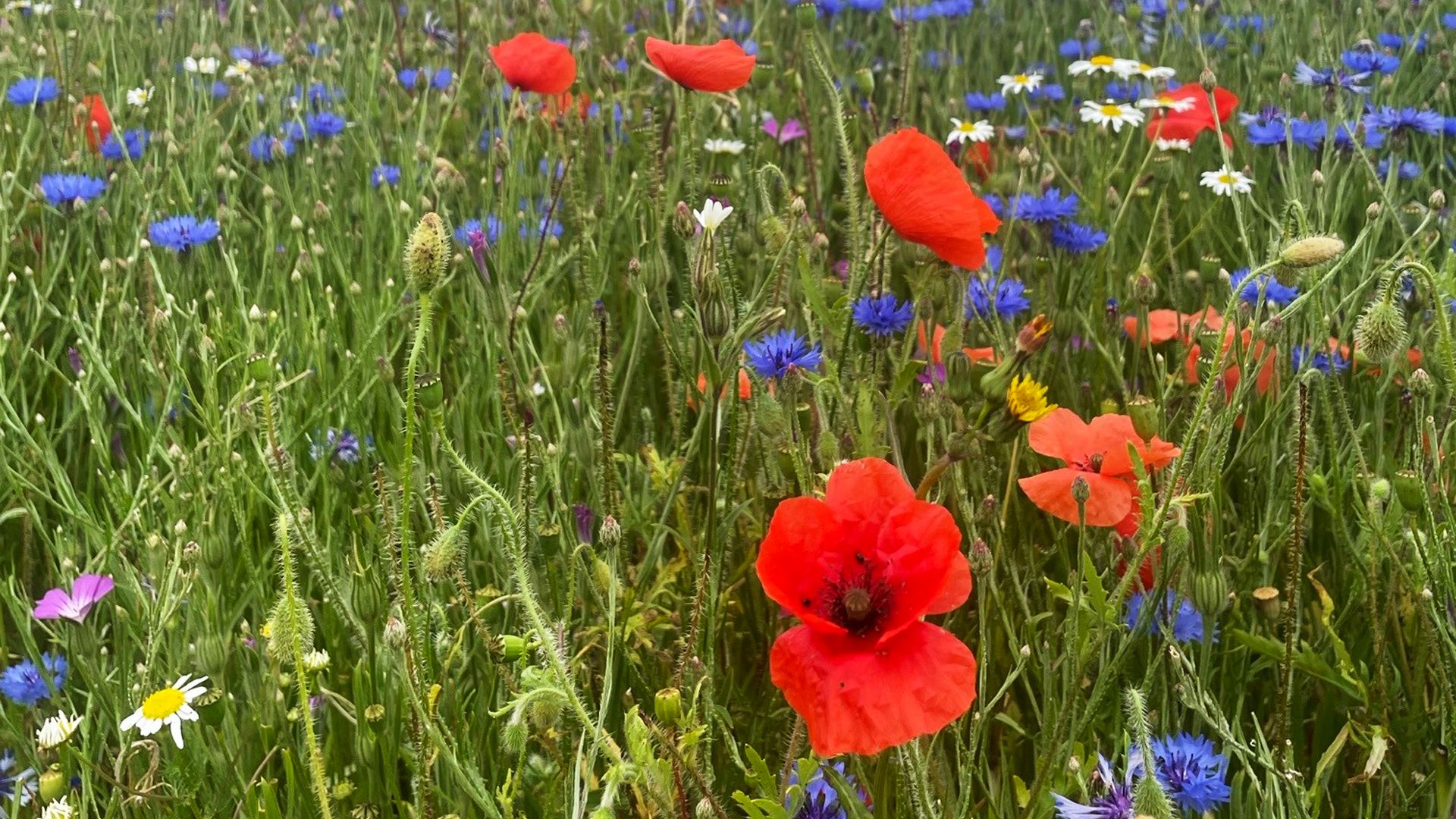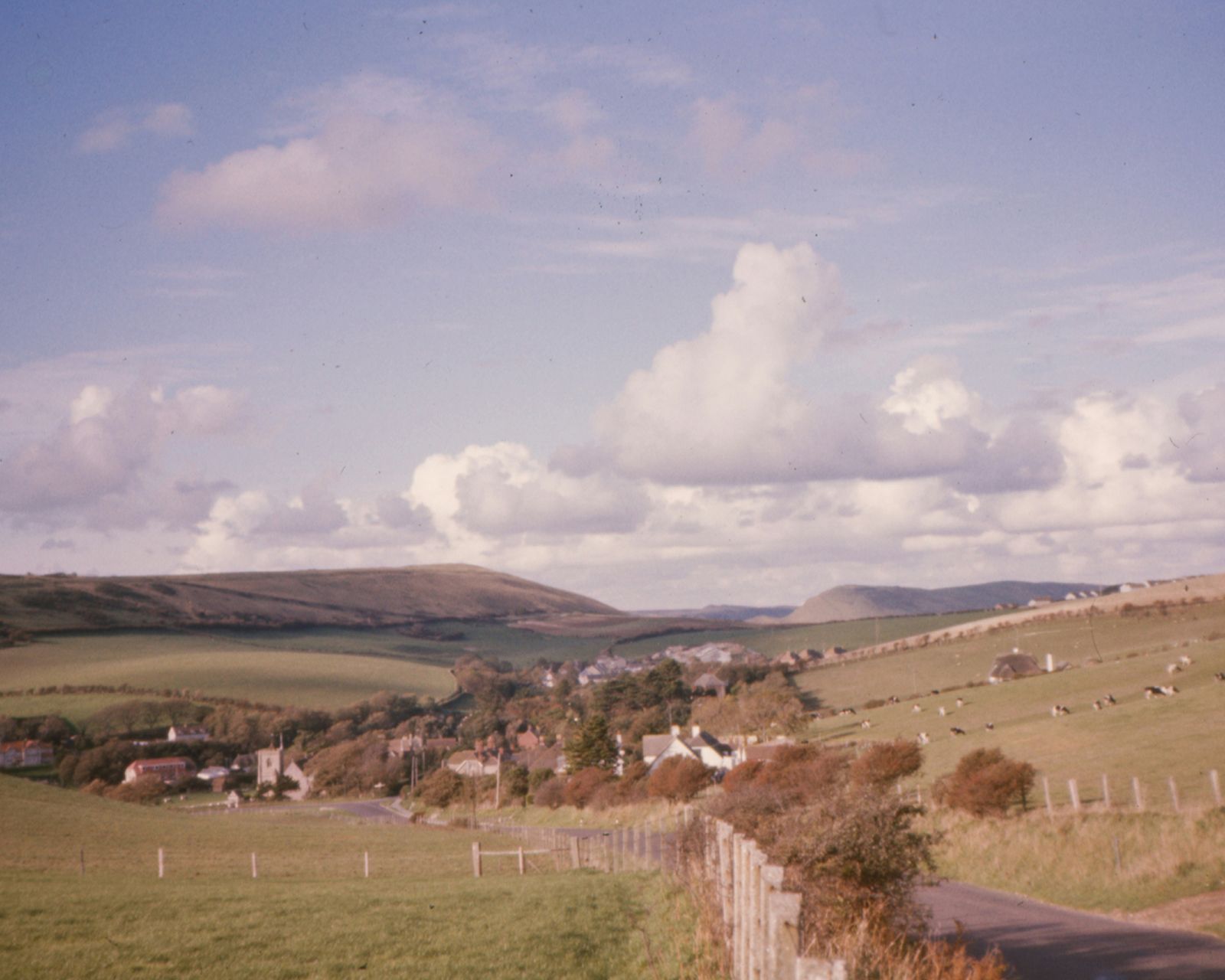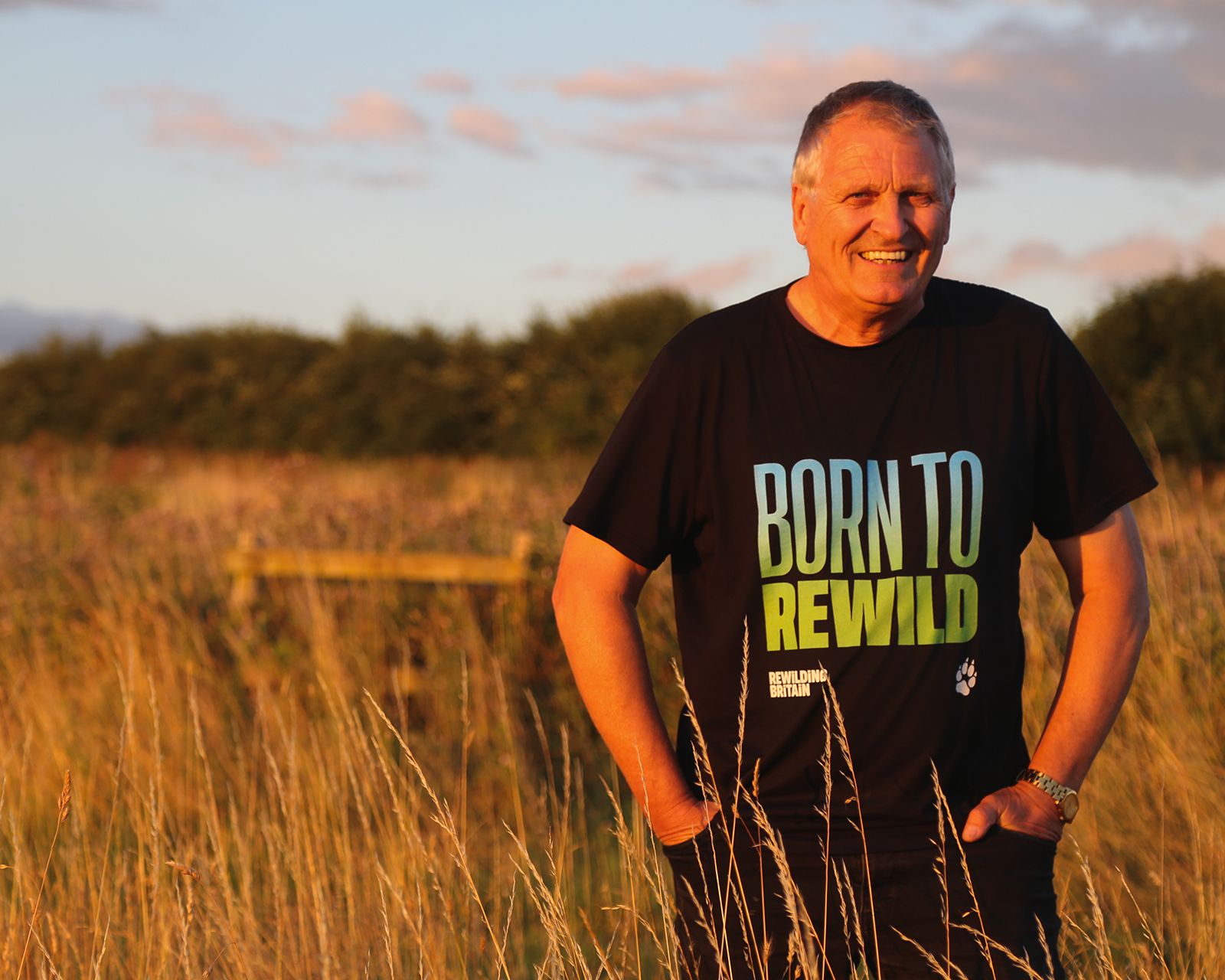Making every day a Groundswell day
By Rob Hindle | 29.06.23
As we reflect on two days of investigation, knowledge sharing and celebration of all things and people ‘Regen Ag.’ at Groundswell 2023, Rural Solutions Executive Director Rob Hindle considers how the regenerative farming movement can connect with ‘Big Ag’, and perhaps more importantly, with ‘Big Food’ and the consumer.

"Groundswell is a vibrant meeting point for those at the vanguard of the regenerative agriculture movement in the UK. "
Reaching beyond Team Groundswell
There is much to gain from sharing knowledge and experiences, from catching-up with old contacts and connecting with new. Ultimately, it’s a great moment to get a palpable sense of progress of the regenerative movement.
So what progress is being made and what was the ‘big question’ being mulled over at Lannock Manor Farm this week?
Front of my mind was as much about who wasn’t at the festival this week as well as who was. My big question is how to break through to the next level of engagement and ultimately the mainstream adoption of regenerative food production in the UK?
This level of ambition is essential if we are to fulfil the enormous potential that our land and natural capital have to produce highly nutritious food in harmony with nature, and transform human health and well-being. It’s time to turn our attention further up the value chain, with our eye ultimately on the consumer.
We don’t have a knowledge problem …
The knowledge base around regenerative farming is growing fast. Groundswell is now in its eighth year. The wonderful FarmEd has been delivering on its mission to inspire, educate and connect people to build sustainable farming and food systems that nourish people and regenerate the planet, one group at a time, since 2019. Jonty Brunyee, Ian and Celene Wilkinson from FarmEd have been influencing farmers, growers, NGOs, consultants and policy makers for a long time before that.
Others like FAI Farms and exceptional educators and consultants like Neils Corfield and Caroline Grindrod have been coaching, mentoring and inspiring a new generation of regenerative farmers for several years. There are now degree courses in Regenerative Agriculture available from teaching institutions such as Writtle University College and Dartington Trust. You can take a post graduate qualification in Agroecology at Harper Adams University.
Added to this are the burgeoning peer to peer support networks and the regular insights offered via social media from producers at the sharp end of new techniques, such as Nick Padwick at Wild Ken Hill.
This is just a snapshot. More resources, research, insight and peer to peer knowledge exchange is coming on stream all the time. So no, I don’t think we have a knowledge problem.
What we have is a communication problem – or as I prefer to see it, opportunity.
So, with the evidence in place, policy alignment strong, the call to action urgent and clear, how can the regenerative message cut through the significant ‘noise’ created by the clamour across our industry of ‘business as usual’?
Around 5,500 people went as delegates to Groundswell in 2022 [1], which is fantastic. But how can the regenerative message properly reach a mainstream farming audience? And beyond that, how can it compete with views expressed during farm gate conversations by the fertiliser, chemical, seed and animal feed sales force that collectively supply c. £10 billion of products [2] into the UK farming sector each year?
It’s going to be a big challenge.

Can peer to peer networks do enough?
Persuading farmers to share knowledge or work together can be difficult. The greatest competition is always the neighbour’s field. One of the biggest challenges facing many putative regenerative producers as they start their transition is the worry about how the visual evidence of the transition will be received by neighbours and peers.
Most successful facilitation or farmer cluster groups have one thing in common, access to an excellent, and committed facilitator. Despite the increasing numbers of skilled and passionate educators, consultants, and enablers I am not sure there will ever be enough facilitators to reach a tipping point across the mainstream industry. And who will pay and support them to do so?
Nature Friendly Farming Network are doing excellent work. However, there is little evidence of intent from Government beyond the (welcome) Sustainable Farming Incentive. Natural England’s Catchment Sensitive Farming Officers, Rivers and Wildlife Trusts do exceptional work across the country, but their tasking and interests are specific. Like many facilitation initiatives, they don’t speak to entire farming systems.
What of a regenerative farming media?
We certainly need a greater focus on regenerative farming in our media.
To that end it is exciting to see the emergence of platforms like 8.9ha and their domestic podcast, Farm Gate, led by founding editor Ffinlo Costain to add to the established international offerings such as Australian Charlie Arnott’s The Regenerative Journey and American John Kempf’s Regenerative Agriculture podcast.
8.9ha is an ambitious new media platform that offers news, video interviews, blogs, and long form interviews (via the Farm Gate podcast). Let us hope it succeeds in growing reach and attracting not only a vibrant audience and engaged community from the existing regenerative farming community, but also the, yet, unknowing and undecided.
The supply chain stupid
The key to the breakthrough lies in the food and fibre supply chain; with the people that buy products and commodities from UK farmers and growers, and those that sell them to the end consumer. We need to find a way of energising this audience, for it is they that have a direct line to the mass of producers; and that will, if they feel it expeditious, educate, inform, and perhaps even inspire.
It’s good to see the ‘Naturally Better Dairy Group’ partnership that British Farmer owned dairy co-operative First Milk has announced with dairy manufacturer Yeo Valley Production (sister company to organic milk producer Yeo Valley Farms). First Group is already well along its regenerative journey, with 91% of its farms running grazing-based systems where cows graze for more than six months of the year, but it must be good news that a farmer owned dairy co-operative which sees regeneration as ‘a way of thinking’ will be working with new suppliers and helping them to transition to a regenerative farming system.
We need more of these partnerships, ideally with retailers as well as processors and manufacturers. We also need those in the food sector with influence on farming culture and systems to create a positive flow of regenerative led communication with both their supply chain and their customers, which is why I’m encouraged by the noises coming out of multinationals such as Danone and Nestlé.
But this needs to be about more than carbon and net-zero. Their message needs to focus on producing nutritious affordable food and fibre in nature friendly farming and food systems, that regenerate both people and planet. Do that right, and as a direct consequence, carbon consumption will fall and sequestration increase.
To establish and invest in such a communication channel the people in the food, fibre and retail businesses will need to go on their own regenerative journeys. Perhaps this is where the regenerative movement could focus some of its efforts. It is likely to pay far greater dividends than trying to push water uphill with policy makers, with the established mainstream agri-business sector, or direct with people and communities.
Rob Hindle is Executive Director Rural Solutions, and a promoter, enabler and facilitator of regenerative farming, business and the management of natural capital.
To find out more about our work or to arrange a call with Rob, please get in touch at info@ruralsolutions.co.uk.
Notes
[1] https://groundswellag.com/about/
[2] Agriculture in the UK evidence pack, September 2022, DEFRA, Government Statistical Services, slide 4.1, aggregate value of animal feeds, fertilisers, plant protection products and seeds.
Categories:
NewsWe are using cookies to give you the best experience on our website. You can find out more about which cookies we are using on our cookie policy.


